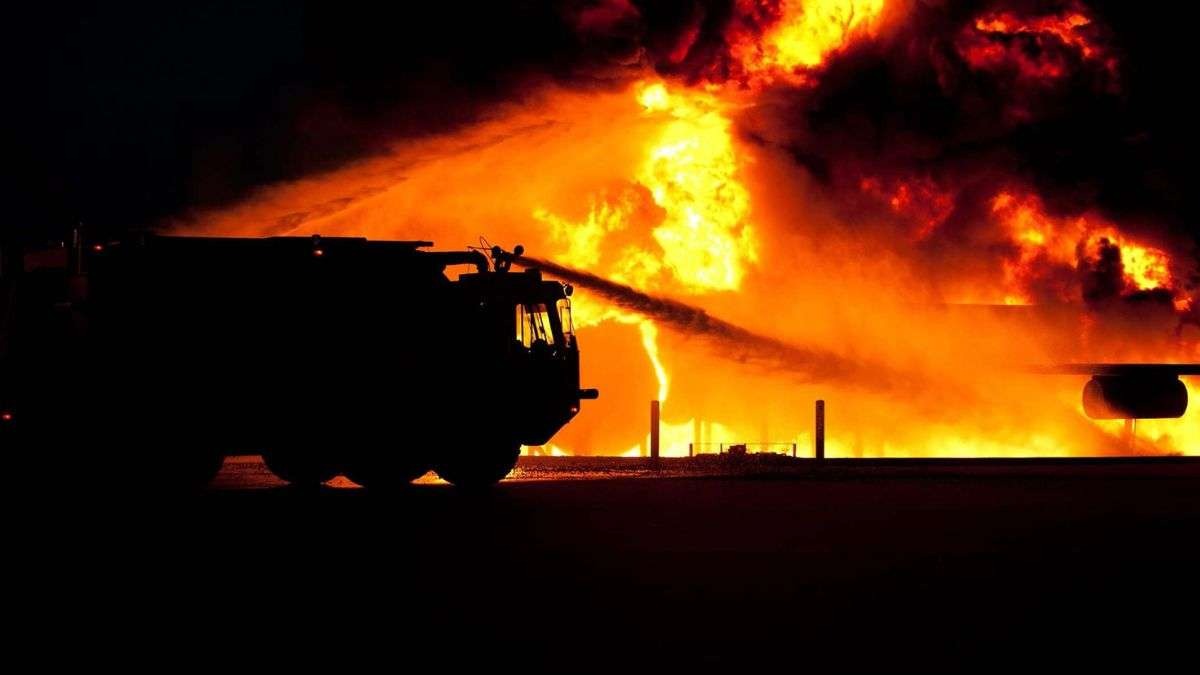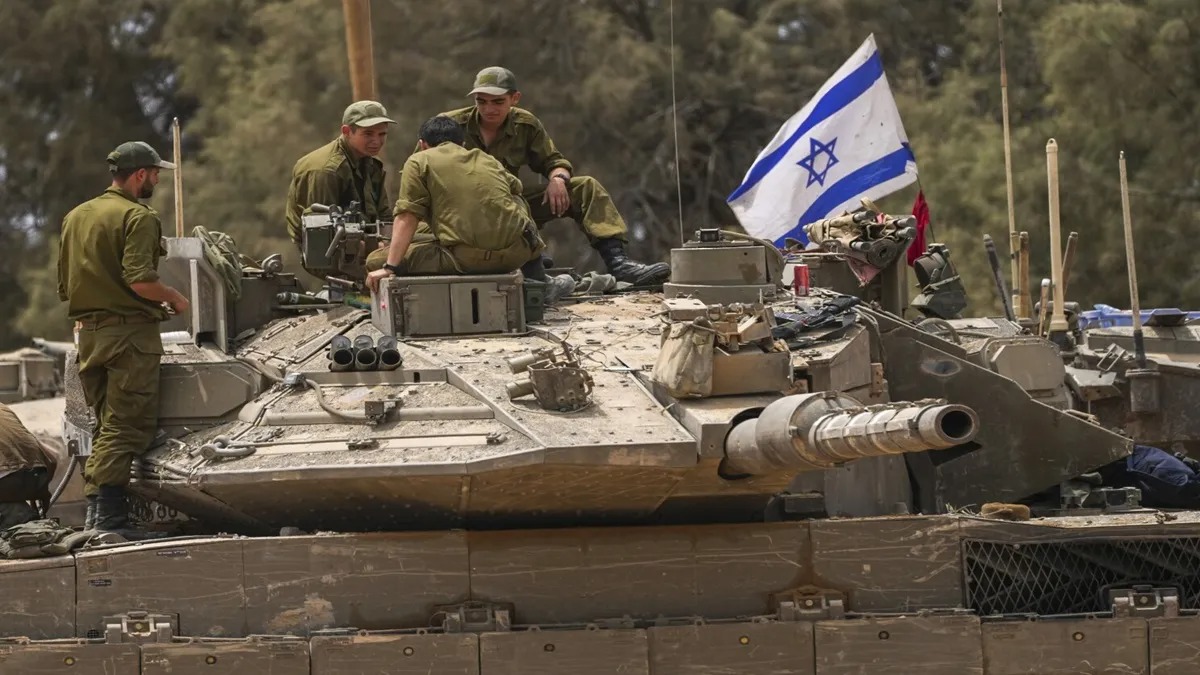
International: A fuel tanker collided head-on with another truck in Nigeria on Sunday causing an explosion that killed at least 48 people, the country's emergency response agency said.
The fuel tanker was also carrying cattle in the Agaie area in north-central Niger state and at least 50 of them were burned alive, Abdullahi Baba-Arab, director-general of the Niger State Emergency Management Agency, said.
Search and rescue operations were underway at the scene of the accident, Baba-Arab said.
Baba-Arab said initially that 30 bodies were found but in a later statement said an additional 18 bodies of victims who were burned to death in the collision were found. He said the dead had been given a mass burial.
Mohammed Bago, governor of Niger state, said residents of the affected area should remain calm and asked road users to "always be cautious and abide by road traffic regulations to safeguard lives and property”.
With the absence of an efficient railway system to transport cargo, fatal truck accidents are common along most of the major roads in Nigeria, Africa's most populous country. In 2020 alone, there were 1,531 gasoline tanker crashes resulting in 535 fatalities and 1,142 injuries, according to Nigeria's Federal Road Safety Corps.
Earlier
At least last week, at least 100 villagers were killed in northeastern Nigeria when suspected Boko Haram Islamic extremists opened fire on a market, on worshippers and in people's homes, the latest killings in Africa's longest struggle with militancy. More than 50 extremists on motorcycles rode into the Tarmuwa council area of Yobe state on Sunday evening and began firing before setting buildings ablaze, according to Yobe police spokesperson Dungus Abdulkarim.
The police blamed the attack on Boko Haram, which since 2009 has launched an insurgency to establish its radical interpretation of Islamic law, or Sharia, in the region. Boko Haram has since splintered into different factions, together accounting for the direct deaths of at least 35,000 people and the displacement of more than 2 million, as well as a humanitarian crisis with millions of people in dire need of foreign aid.
--Advertisement--

 Desk
Desk Share
Share






